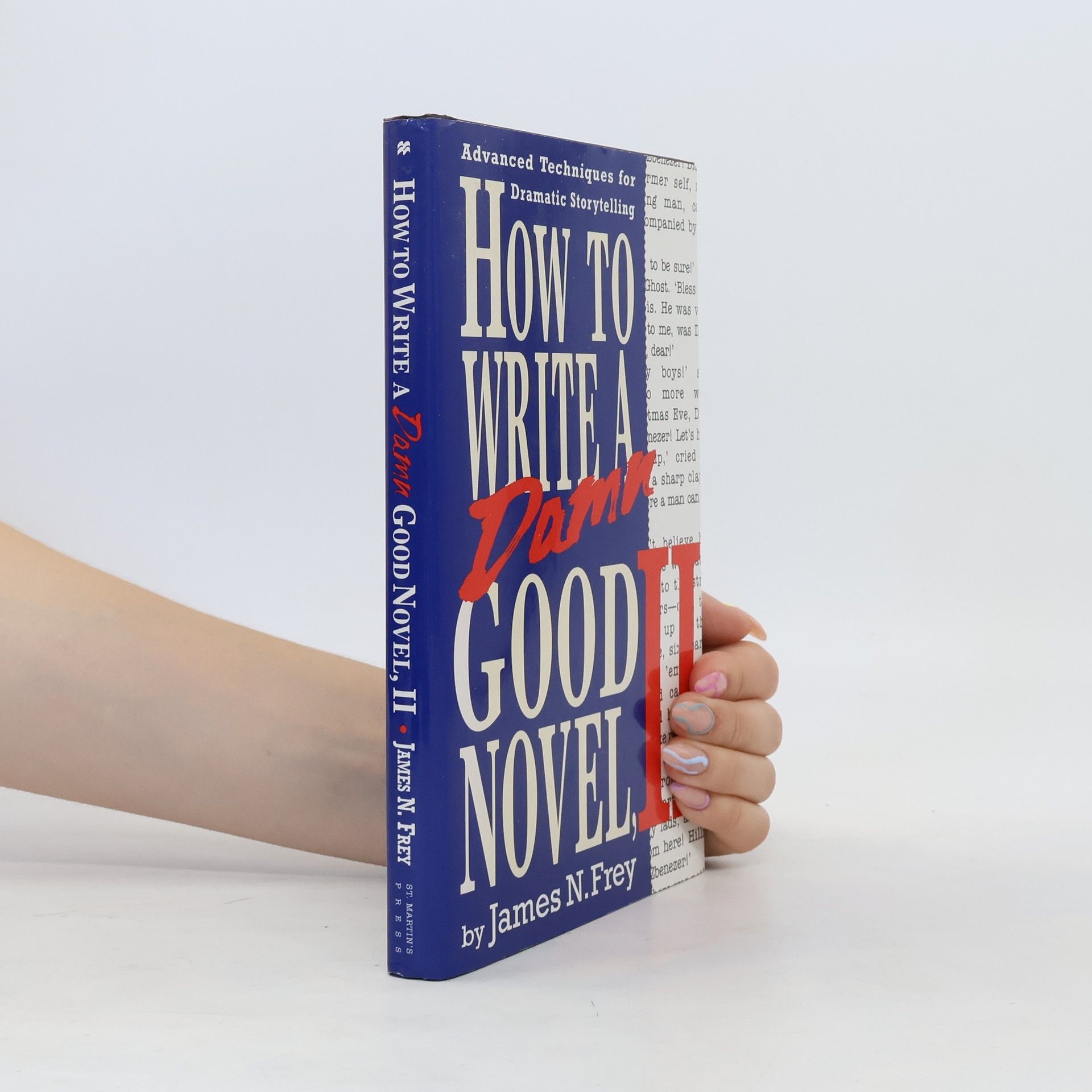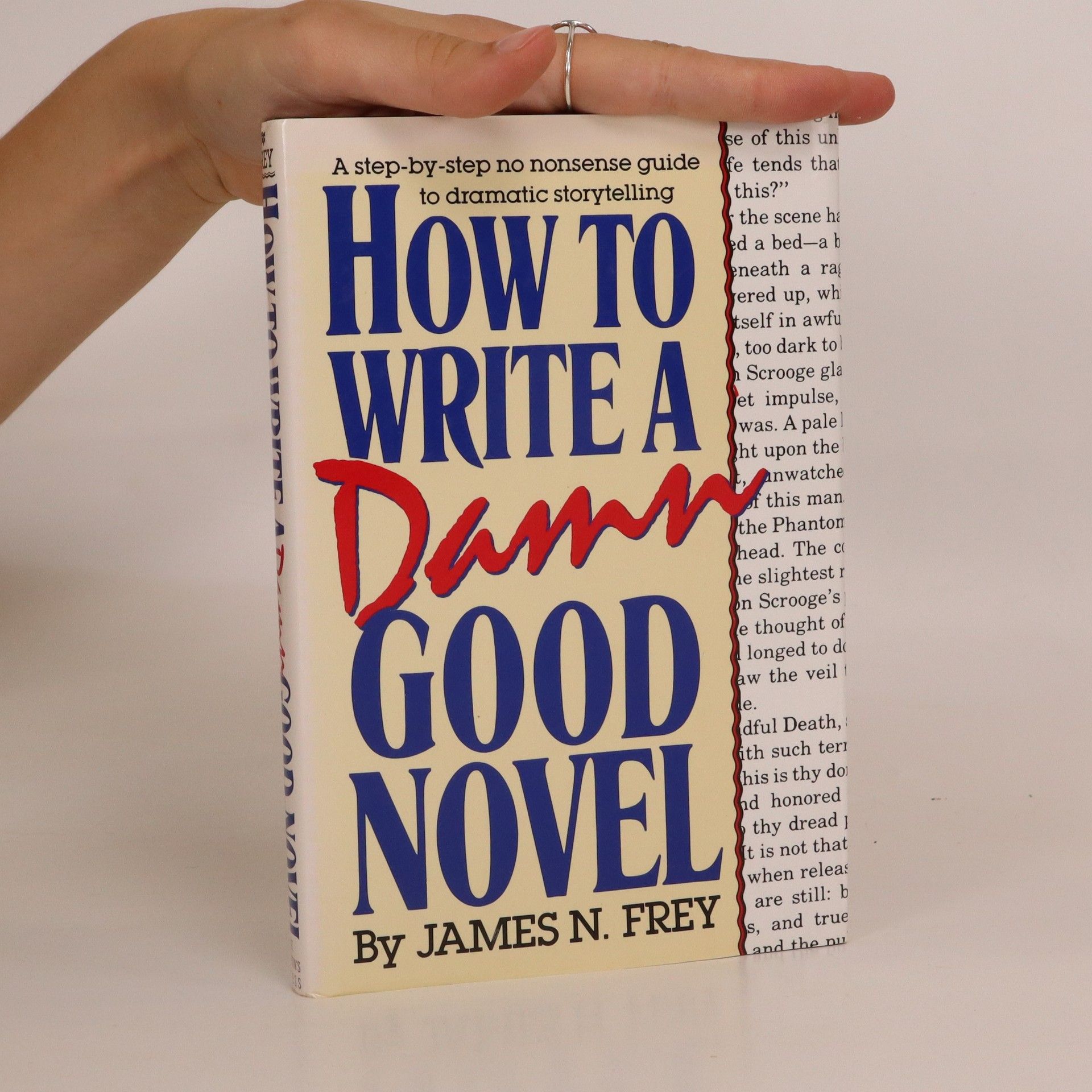How to Write a Damn Good Novel
- 174pages
- 7 heures de lecture
Covers characterization, plot, theme, conflicts, climax and resolution, point of view, dialogue, revision, and manuscript submission.
Cette série de guides offre des outils essentiels aux écrivains en herbe comme aux plus expérimentés. Elle propose des conseils pratiques et des techniques éprouvées pour créer des récits captivants avec des personnages complexes et des intrigues engageantes. Chaque volume aborde des aspects cruciaux de la narration, du développement de l'intrigue à la maîtrise du dialogue et des arcs narratifs des personnages. C'est une ressource inestimable pour quiconque cherche à perfectionner ses compétences en écriture de fiction et à créer des histoires vraiment percutantes.


Covers characterization, plot, theme, conflicts, climax and resolution, point of view, dialogue, revision, and manuscript submission.
Advanced Techniques For Dramatic Storytelling
"Damn good" fiction is dramatic fiction, Frey insists, whether it is by Hemingway or Grisham, Le Carre or Ludlum, Austen or Dickens. Despite their differences, these authors' works share common elements: strong narrative lines, fascinating characters, steadily building conflicts, and satisfying conclusions. Frey's How to Write a Damn Good Novel is one of the most widely used guides ever published for aspiring authors. Here, in How to Write a Damn Good Novel, II, Frey offers powerful advanced techniques to build suspense, create fresher, more interesting characters, and achieve greater reader sympathy, empathy, and identification.How to Write a Damn Good Novel, II also warns against the pseudo-rules often inflicted upon writers, rules such as "The author must always be invisible" and "You must stick to a single viewpoint in a scene," which cramp the imagination and deaden the narrative. Frey focuses instead on promises that the author makes to the reader—promises about character, narrative voice, story type, and so on, which must be kept if the reader is to be satisfied. This book is rich, instructive, honest, and often tellingly funny about the way writers sometimes fail their readers and themselves.